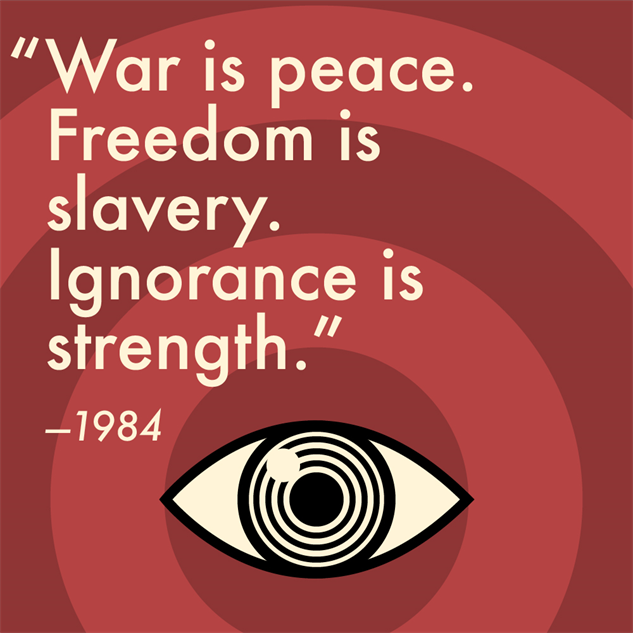When you think of the word saint what comes to mind?
If you're like most people you're likely to think of those who have left all the comforts and niceties of life in order to serve others.
You probably think of those who have sold all their possessions to serve on the mission fields of Africa or some other country that you can't even pronounce.
She has to be on the top of the top ten list right?
As I was having my Bible reading the other day in the book of Philippians, I was struck with how the apostle Paul referred to the Christians who live in Philippi; the apostle Paul addressed these believers as "saints" in Christ Jesus (Philippians 1:1b).
So I did a little digging and discovered that the word for saint literally means holy, and that the idea of holy is to be set apart.
As we go through the Bible we discover that all believers are saints, all believers are holy, and all believers are set apart for God.
Now the good stuff---since God has declared that you are a saint, holy, set apart, then you are holy. This saintliness or holiness is not yours, it was given to you when you believed on the Lord Jesus Christ.
All believers are saints, not because we are righteous in ourselves, but because we have been given the righteousness of Jesus (Rom. 4:22-24).
Our understanding of the word saint has been somewhat twisted. We have come to believe that saints are a special higher order of Christians who accomplished extraordinary good deeds and lived an exemplary life. The danger here is that it leads us to believe that we have some holiness or saintliness of our own.
The child of God is the one who realizes that he is poor and destitute before a Holy and Righteous God. The child of God looks to God and rests in His grace and mercy.The child of God realizes that it is in recognizing his own poor condition before God that he finds eternal life.
The old hymn, "Jesus paid it all", shows us that it is not our goodness, righteousness, or holiness, but God's work in our lives:
- I hear the Savior say,
“Thy strength indeed is small;
Child of weakness, watch and pray,
Find in Me thine all in all.” - Refrain:
Jesus paid it all,
All to Him I owe;
Sin had left a crimson stain,
He washed it white as snow.
- Refrain:
- For nothing good have I
Whereby Thy grace to claim;
I’ll wash my garments white
In the blood of Calv’ry’s Lamb. - And now complete in Him,
My robe, His righteousness,
Close sheltered ’neath His side,
I am divinely blest. - Lord, now indeed I find
Thy pow’r, and Thine alone,
Can change the leper’s spots
And melt the heart of stone. - When from my dying bed
My ransomed soul shall rise,
“Jesus died my soul to save,”
Shall rend the vaulted skies. - And when before the throne
I stand in Him complete,
I’ll lay my trophies down,
All down at Jesus’ feet.



